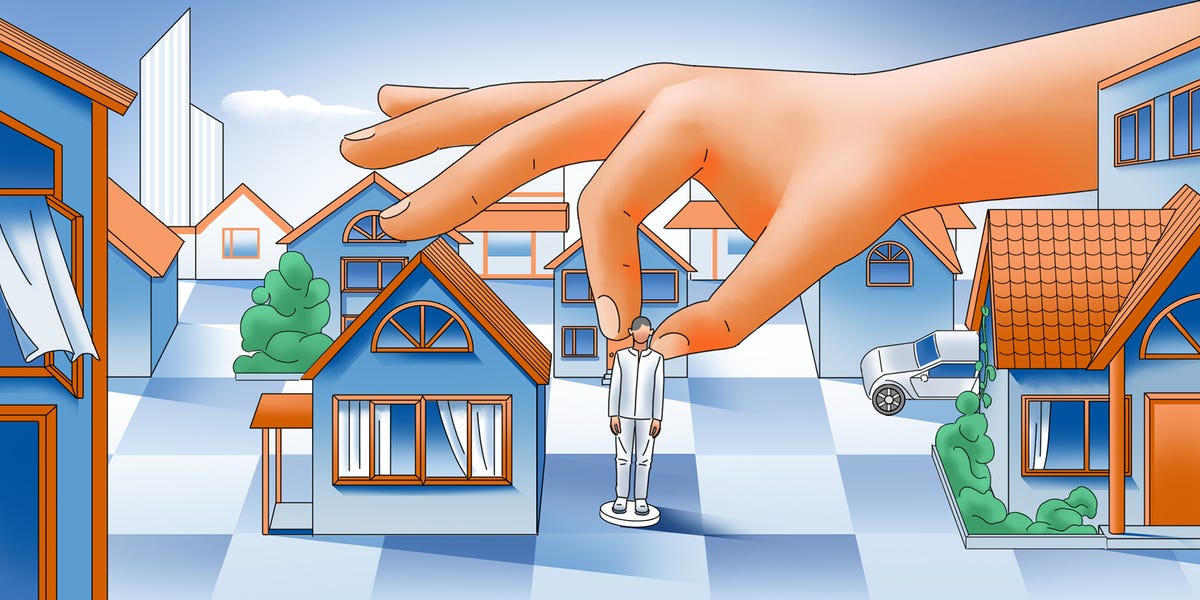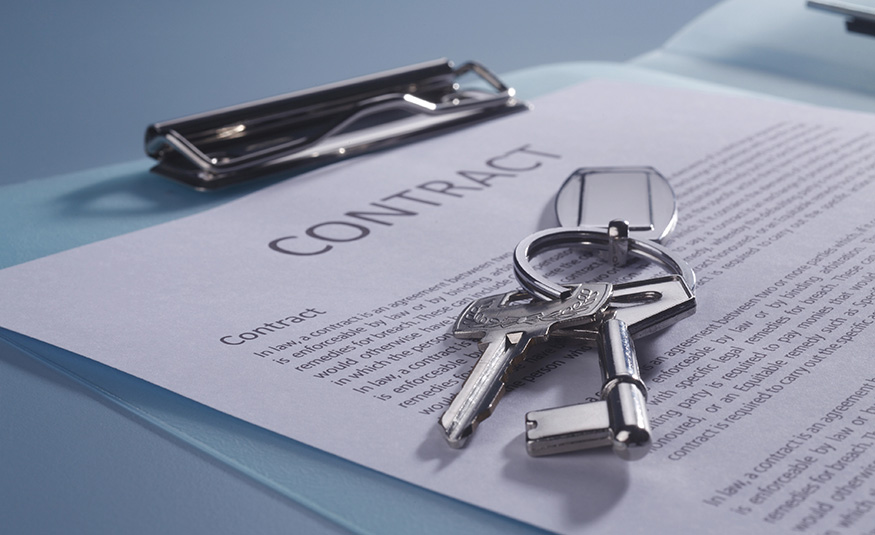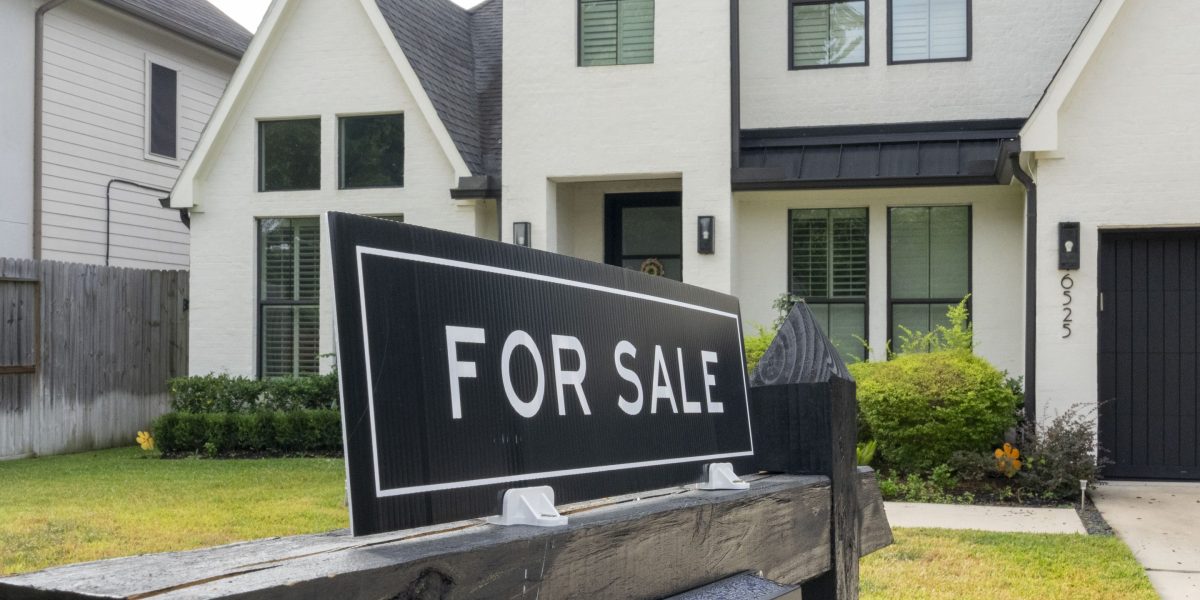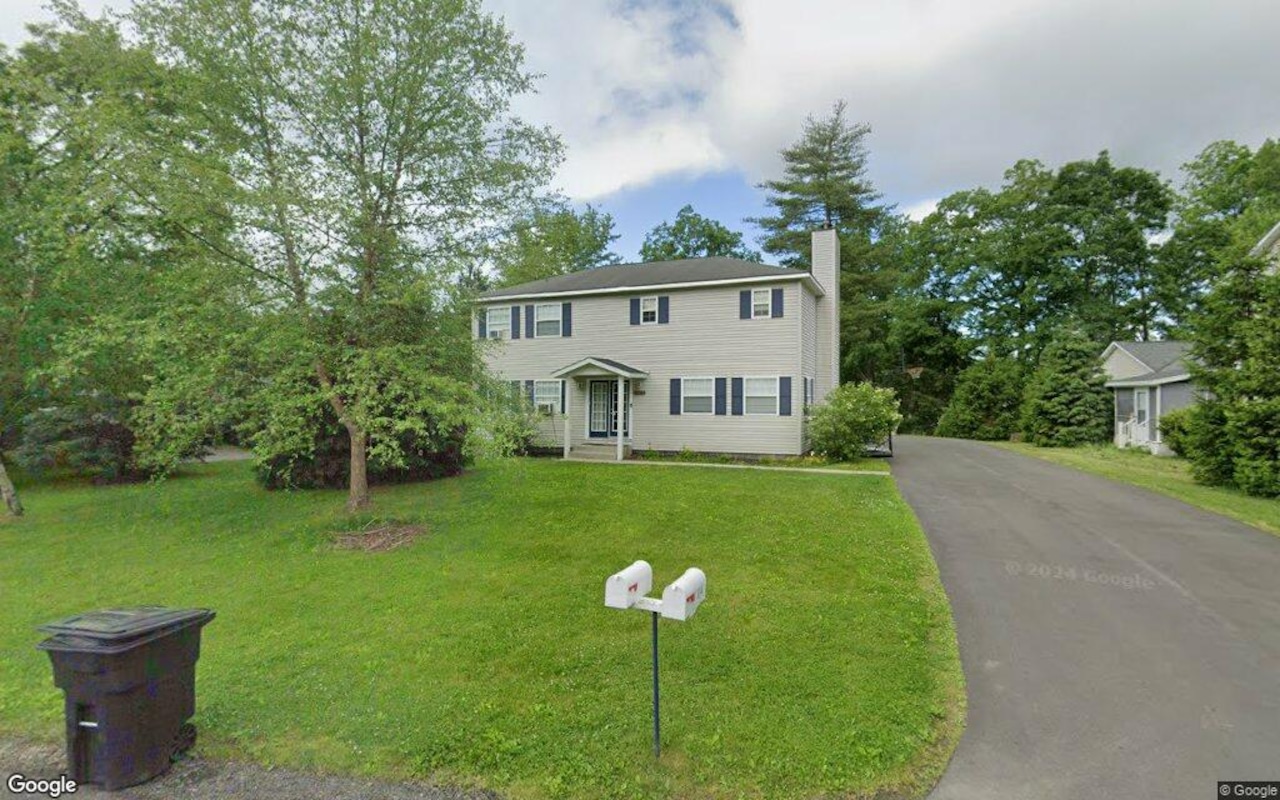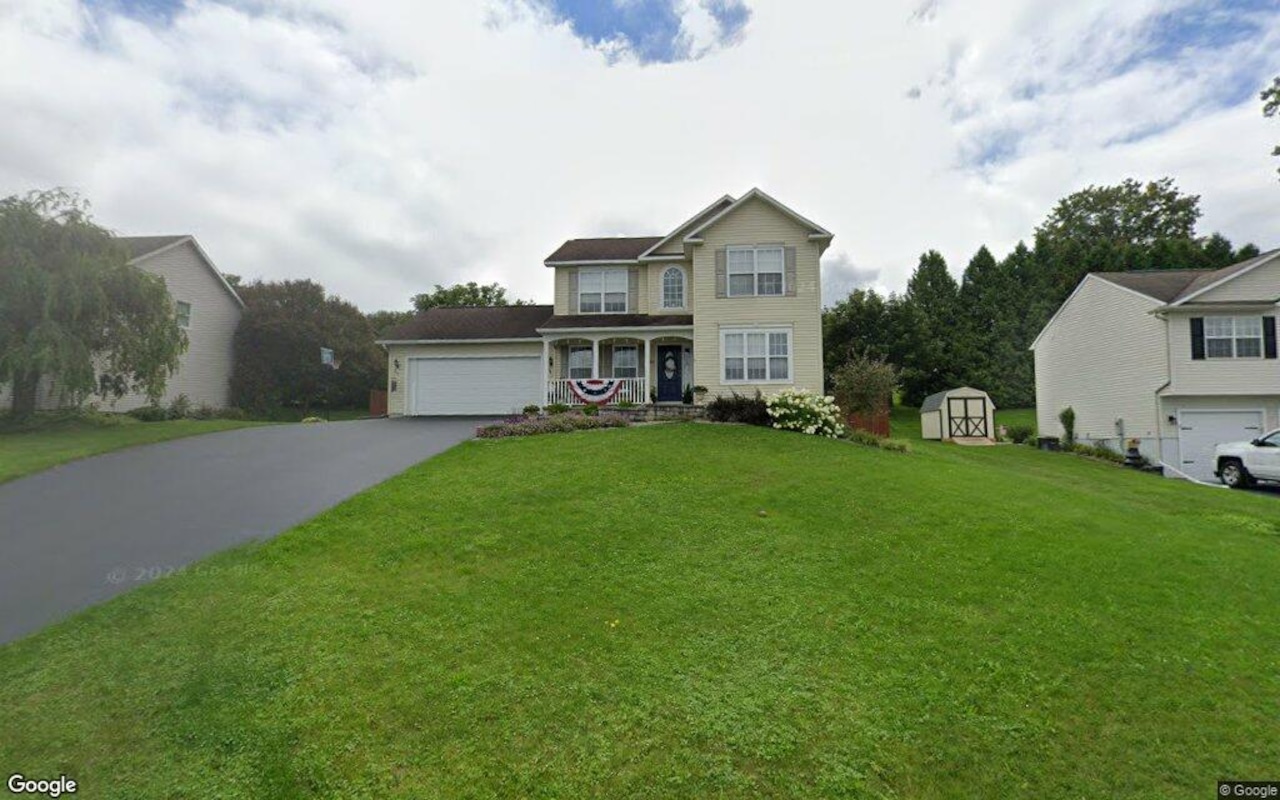T
he high-stakes game of buying a home can be overwhelming, with hundreds of thousands of dollars on the line. One misstep can lead to foreclosure and bankruptcy, while making the right decision can generate wealth that lasts for generations. When it's time to settle down, buyers face a multitude of dilemmas: whether to buy, where to buy, what kind of home to buy, and how much to spend.
To navigate these emotional decisions, behavioral economics offers valuable lessons. By understanding how our minds work, we can make more informed choices. I applied this knowledge when buying my own home in Seattle after taking a new job offer. To avoid getting caught up in the competitive pressure of beating out other buyers, I divided my search into two phases: exploration and decision-making.
For five months, I rented homes in different neighborhoods to get a feel for the area. From historic homes to modern constructions, there were plenty of options. The most significant tradeoff was location versus home size. Many buyers make this compromise, sacrificing commute time for more space. According to Redfin's survey, 89% of homebuyers prefer a single-family home with a backyard over a unit in a triplex.
As I narrowed down my search, I focused on West Seattle, where homes were about $100,000 less than those closer to downtown. In phase two, when viewing properties and making offers, I became hyperconscious of how emotions might influence my decision-making. Common mistakes include becoming too attached to a home, fixating on the list price, following the herd, and letting fatigue cloud judgment.
Behavioral economists have found that people tend to get attached to what they already own, a phenomenon known as the endowment effect. This can lead to overpaying for a home. List prices can also be misleading, as sellers may advertise their homes at lower prices to spark bidding wars. As a buyer, it's essential to avoid anchoring your expectations on the listed price.
When buying a home, you must consider resale value. Life is unpredictable, and there's always a chance you might not stay in the home long term. To walk the middle path, detached observation is key – recognize behavior patterns without letting them bias your decision-making.
Things go wrong after you buy a home. Thinking that problems won't cost significant time and money is optimism bias. I encountered this when considering a 70-year-old home that needed updates. By weighing the risks and rewards, I determined my maximum offer price of $950,000.
When deciding whether to bid above or below the asking price, consider the housing market's competitiveness and how the home compares to others on the market. If the market is cool, it's advisable to come in low; if hot, be prepared to go high. In my case, I offered $840,000, ready to go as high as $940,000. We won the home at list price, with no other bids submitted.
By applying behavioral economics principles, buyers can make more informed decisions and avoid common pitfalls. As the author of "Hate the Game: Economic Cheat Codes for Life, Love, and Work," I've seen firsthand how these strategies can lead to better outcomes in high-stakes situations like buying a home.
